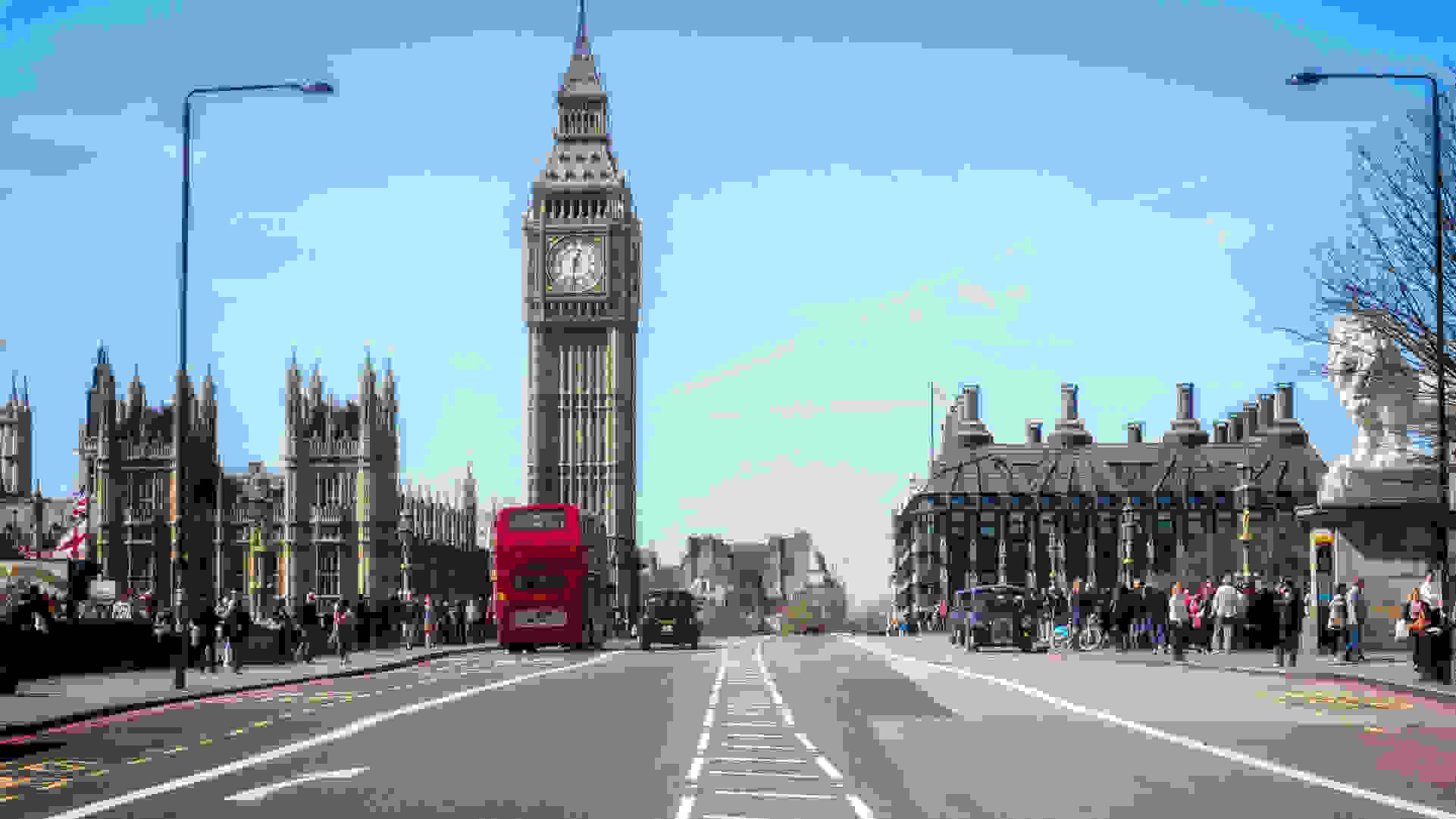News / Parliament Matters Bulletin: What’s coming up in Parliament this week? 19-23 May 2025
Stella Creasy MP and Richard Tice MP will lead a backbench debate on the EU–UK summit. The Foreign Affairs Committee will hold a joint session with its Ukrainian counterpart on Russian misinformation. MPs will question the Defence Secretary, Chancellor of the Exchequer and Northern Ireland Secretary. Scrutiny of seven Government bills will continue in both Houses. Debate topics in the Commons will include an e-petition on transgender self-identification, and support for local pubs. On the Committee corridor, highlights include sessions on the security of undersea cables and the accessibility of the parliamentary estate. Michael Gove will be formally introduced to the House of Lords as its newest member.

